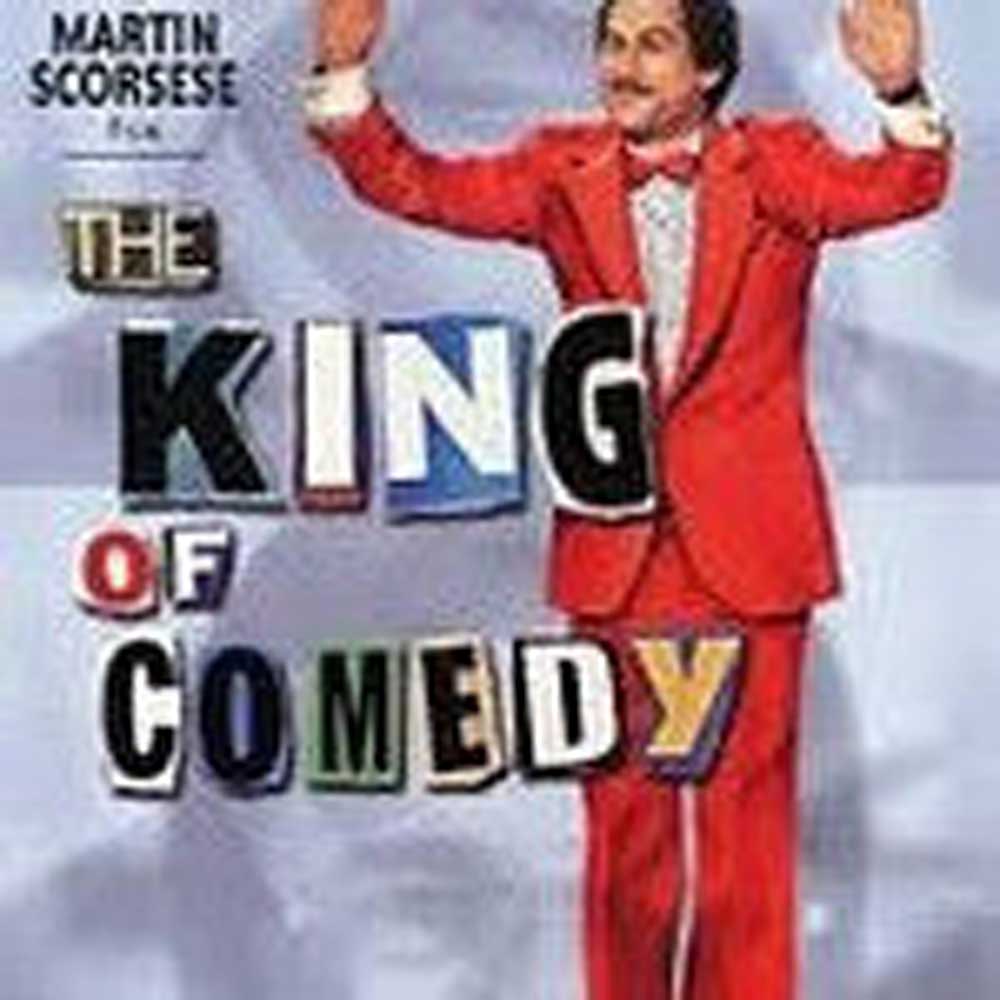Forgotten Scorsese film features semilar themes to ‘Taxi Driver’
Published 10:37 pm Tuesday, August 13, 2013

- Courtesy
The King of Comedy” might just be Martin Scorsese and Robert De Niro’s most “forgotten” film. No one seems to want to talk about this movie, and I can understand why.
It’s not because it’s bad, mind you. It’s not. Far from it, actually. It’s just an odd film. It features one of De Niro’s most unusual performances and a narrative that offers almost nothing in the way of release after nearly two hours of build up. It offers a satirical look at the way we (as a society) are more than happy to shun those we consider “losers,” but will just as happily glorify them once they turn psychotic.
Trending
Scorsese and De Niro covered similar thematic ground previously in “Taxi Driver,” but where you became unnerved and even horrified by the sight of Travis Bickle’s unhinged rampage, here Scorsese is almost asking us to feel sorry for this nebbish, would-be stand-up comedian.
De Niro plays Rupert Pupkin, a thirty-something dweeb who lives in his mother’s basement where he pretends to be a guest on the wildly popular late night talk show hosted by Jerry Langford (Jerry Lewis). He has cardboard cutouts of Jerry and Liza Minelli, and he pretends to deliver his monologue to adoring audiences. Rupert is convinced that he could be the next “King of Comedy” if only he could have a chance to perform on Jerry’s show.
But even after being told he has potential but needs to hone his material by Jerry’s assistant, Rupert refuses to take “no” for an answer. He was promised, he insists, by Jerry himself that he would get a shot at going on the show, so he does what any other desperate, inexperienced, mentally unstable stand-up comedian would do. He kidnaps Jerry and as ransom demands a prime spot on the show.
It’s fascinating to watch De Niro here. It’s so far removed from anything he’s done as an actor, before or since. It’s a startling turn from his work in “Taxi Driver” or “Raging Bull” but still immersive. It’s odd to see an actor iconic for his work as tough guys prone to bursts of violence play a character so nebbish and cowardly. His work here is subtle, understated and almost too calm. It genuinely was uncomfortable watching this delusional man as he began his downward spiral, unable to realize that’s what’s happening.
And that’s perhaps the most interesting part of the film. De Niro and Scorsese never really attempt to make you empathize or feel sorry for this guy, and I’m not sure the film would land with the same impact had they attempted to do so. I didn’t walk away disliking Rupert so much as I was left with a sense of unease about him. Scorsese and De Niro supposedly didn’t work together again for several years due simply to the emotional strain the picture put on them.
I’m not sure where I’d rank this within Scorsese’s filmography, but it definitely stands out as one of his most unusual films as there’s nothing else he’s done that really compares in terms of tone and performance. If nothing else, it really makes me wish De Niro was still willing to play outside his comfort zone as he did here.
Trending
Next week, I’ll continue my series on Scorsese with a review of “The Color of Money,” followed by “The Last Temptation of Christ.”
Every week, Entertainment Editor Stewart Smith brings a new entry in “Catching Up On …” an ongoing series attempting to fill in the gaps of his cinematic education.





